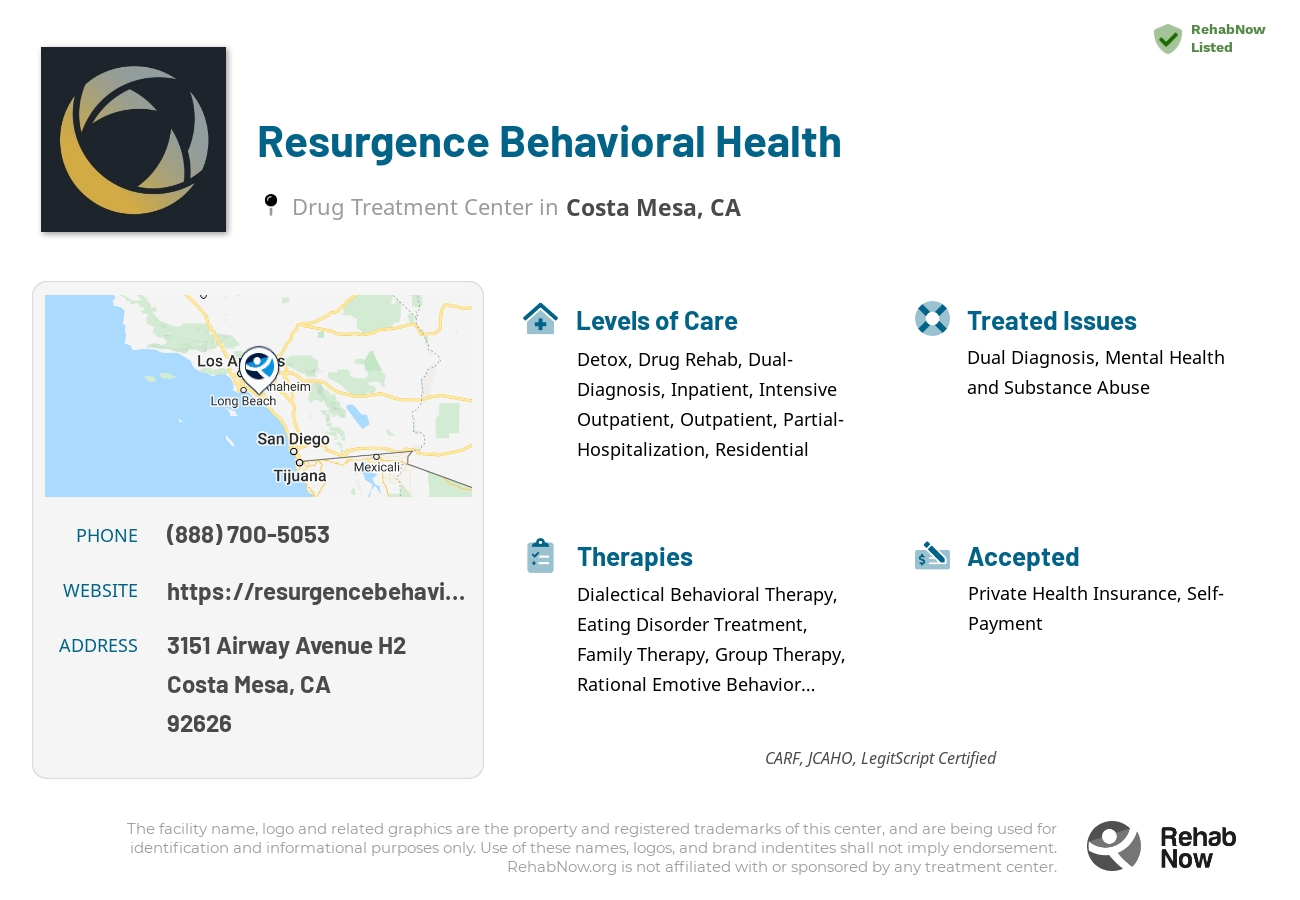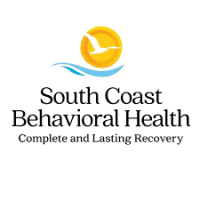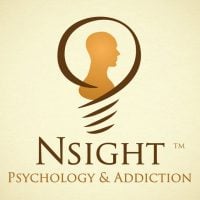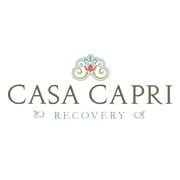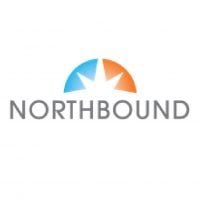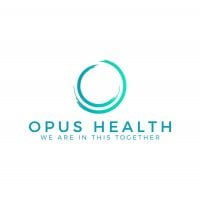Resurgence Behavioral Health
Drug Rehab Center in Costa Mesa, California
Resurgence Behavioral Health is a drug rehab facility in Costa Mesa, California that offers comprehensive addiction treatment options including evidence-based therapies and dual diagnosis treatment for co-occurring mental health conditions, to help individuals achieve lasting recovery.
About
Resurgence Behavioral Health, located in Costa Mesa, CA, stands out as an exceptional, accredited substance abuse rehab center. Its mission focuses on understanding each client's journey, rejecting the notion of one-size-fits-all treatments, and offering a personalized, caring approach to recovery. The facility is known for its comprehensive care, including 24-hour medical supervision and a variety of therapeutic programs tailored to individual needs, promoting a holistic healing process.
- Personalized Recovery Plans: Every treatment is tailored to the person's specific needs, ensuring a more effective path to sobriety.
- Variety of Treatment Programs: From residential to outpatient, each program is designed to offer the right level of care.
- Holistic Healing Approach: Combining medical interventions with therapy and counseling for a balanced recovery.
Resurgence Behavioral Health is not only accredited by CARF, JCAHO, and LegitScript but also provides a safe, supportive environment. Its focus on personalized recovery plans, backed by highly trained staff and 24-hour medical care, ensures clients receive the comprehensive support they need.
The center treats various addictions and issues, including Dual Diagnosis, Eating Disorders, and Substance Abuse, employing methods like Medication-assisted Treatment (MAT) and comprehensive aftercare for sustained recovery. Treatment options span Detox to Aftercare, with specialized programs for every stage of the journey.
Genders
Ages
Modality
Additional
Accreditations

LegitScript

JCAHO

CARF
The Commission on Accreditation of Rehabilitation Facilities (CARF) is a non-profit organization that specifically accredits rehab organizations. Founded in 1966, CARF's, mission is to help service providers like rehab facilities maintain high standards of care.
Conditions and Issues Treated
Recovering from substance abuse is an essential part of a healthy life for many people. It’s a long and challenging process, but it can be worth it in the end if you manage to get through all parts. Detoxifying your body, rehabilitation after that time passes or when needed (depending on what type), and then recovery while also receiving therapy support throughout this entire process.
A standard route to starting recovering from substance abuse and addiction is through a detoxification center. There you can completely heal your body and mind and continue on the path of recovery without feeling any of the lingering effects of substances.
A person who struggles with addiction and a mental health condition suffers from a dual diagnosis. This means that they have two issues that must be treated. The specific mental health issues that the patient at Resurgence Behavioral Health might have include but are not limited to:
- Depression
- Bipolar Disorder
- Anxiety
- PTSD (Post Traumatic Stress Disorder)
The specific addiction issues that the patient might have include but are not limited to:
- Alcoholism
- Drug Addiction (i.e., Cocaine, Meth, and other stimulants, Marijuana, and Ecstasy)
The combination of the two illnesses can be tough to treat. Taking care of one or the other is tough, and taking care of both cannot be done alone. A patient who receives dual diagnosis treatment will be given the best chance at becoming sober.
Levels of Care Offered
This center offers a variety of custom treatment tailored to individual recovery. Currently available are Aftercare Support, Detox, Drug Rehab, Dual-Diagnosis, Inpatient, Intensive Outpatient, Outpatient, Partial-Hospitalization, Residential, with additional therapies available as listed below.
Detoxification is a critical first step in treatment for drug addiction. Drug detoxification helps the individual withdraw from the drug by providing a controlled environment where symptoms can be managed through medication and close observation. Detoxification is an inflection point where the individual can get on a recovery track, but it’s also one of the most dangerous points in the recovery process.
In addition to going through physical withdrawal from certain drugs, a detox program also provides the individual with drug testing to monitor their progress. This way, if the individual is not ready for sobriety (such as if they relapse), the treatment professionals can catch it early on and use that opportunity to help re-orient the individual towards recovery.
Inpatient treatment centers offer a safe, secure, and often medically supervised environment for drug or alcohol-addicted individuals. Many of these facilities are equipped to provide detoxification, treatment for co-occurring mental health disorders, and aftercare programs.
The patient typically spends 28 to 30 days at the facility and will receive extensive drug counseling. They will also learn how to live without drugs and how to make the right decisions in life.
Intensive Outpatient Programs are similar to partial hospitalization, but they don’t require the patient to go home each night.
This means that while they have to attend meetings and receive other types of help at the facility, addicts are allowed to keep their jobs or continue with school without having to miss their classes or work opportunities. This is a great option for those who can’t take time away from their jobs or schedules to attend a treatment program.
During this type of program, the addict will be required to meet with counselors and other types of professionals throughout the day. This will help them stay on track and prevent them from relapsing after they leave the facility.
An outpatient treatment program is set up to help with alcohol or drug addiction or a co-occurring disorder. The treatment must attend the treatment facility for their therapy and other programs but return home each night. The frequency of mandatory attendance decreases after much of the treatment program is complete. The treatment programs are monitored by the treatment facility and case managers who work for a judge or judge’s office. A treatment program may be performed out of a treatment facility, treatment clinic, or treatment center.
The benefits of outpatient treatment programs are many. One of the most beneficial treatment programs is that it allows treatment for clients who cannot afford or may not be able to attend treatment at a treatment facility, treatment center, or treatment clinic full-time. Another benefit of treatment programs is that they reduce crime rates because treatment allows people to treat their addiction.
This type of addiction treatment is available at Resurgence Behavioral Health for people who need more time and attention than an outpatient program can provide. This type of program is beneficial for people who have low motivation due to addiction, or have a lack of support at home which prohibits them from being able to attend a traditional addiction recovery program.
PHP is beneficial to:
- Individuals who have very low motivation to recover from addiction as a result of the severe consequences they are facing as a result of their drug or alcohol use.
- People with a mental health diagnosis combined with addiction.
- People who need to be closely monitored due to the fact that they are not able to function well enough on their own.
- People who do not have strong social support or other treatment options available to them at home such as family or individual therapy.
Residential treatment programs are those that offer housing and meals in addition to substance abuse treatment. Rehab facilities that offer residential treatment allow patients to focus solely on recovery, in an environment totally separate from their lives. Some rehab centers specialize in short-term residential treatment (a few days to a week or two), while others solely provide treatment on a long-term basis (several weeks to months). Some offer both, and tailor treatment to the patient’s individual requirements.
Recovering drug addicts need aftercare support when they leave treatment. The support can include guidance through 12-step programs, outpatient rehabilitation programs, and support groups. Aftercare supports the individual in their desire to maintain sobriety by reducing relapse risk with positive choices.
The success of drug treatment does not end when the addict leaves the rehabilitation center. There is no such thing as a “one and done” type of rehabilitation process. Recovery is a lifelong journey that begins with treatment and continues by the addict committing to outside support groups or drug rehab programs.
When choosing a program, it is crucial to choose one that will provide long-term aftercare support. This ensures that you have the tools you need to sustain your recovery.
Therapies & Programs
Individualized Treatment is essential because it gives addicts the ability to participate in a program that meets their unique needs. An addict should work with professionals who understand what they’re going through, especially if the addict is actively using. Finding the right treatment program for an addict is difficult, but it’s even harder without communicating with those who have experience treating your specific situation.
The therapies typically involve all family members, potentially including siblings, children, and parents who play a role in their daily lives. These sessions can be essential because they address past issues that may have affected an addict or alcoholic’s recovery process. They provide support during this time when it is needed most!
A family therapy session, often called a family meeting or intervention, is a necessary process that helps loved ones of addicts see their situation in a new light. It’s also one of the most challenging things families will ever have to do when they’re facing a loved one battling addiction or alcoholism.
Group therapy sessions provide recovering addicts with a chance to cope with everyday situations that many face. Group therapy sessions are held in rehab facilities, clinics, churches or community centers that offer drug addiction treatment.
People who attend these groups are encouraged to voice their feelings and support other addicts in recovery. This helps group members strengthen their own recovery program while cheering on others who are struggling with sobriety.
Trauma therapy allows them to work through past trauma to have peace of mind and begin down the road of sobriety. The therapist will work with the individual to help them understand their past and present relationships. Patients may often believe that something is inherently wrong with them or they are unworthy of love. The therapist aims to correct these negative feelings and behaviors by helping the person realize that their actions do not reflect who they truly are.
Dialectical behavior therapy, or DBT, is one form of cognitive behavioral treatment. This type of therapy typically involves both individual and group sessions with a therapist on a regular basis.
It uses concepts like mindfulness training to help addicts learn how to identify their thoughts, feelings, behaviors and the experiences that trigger them so they can avoid relapse. DBT also teaches addicts how to regulate their emotions, which can make it easier for them to avoid or overcome negative thoughts and cravings.
Cognitive Behavioral Therapy (CBT) is a highly effective treatment option based on the idea that how we feel, think and act all interact together. Our thoughts determine our feelings and behaviors; our feelings affect our thoughts, and our behaviors change our thoughts and feelings. CBT helps people explore their thoughts for problems (or false beliefs) that influence their mood and actions. By examining their thoughts and beliefs, people can recognize distorted or irrational and modify them to more realistic, positive ones. CBT is very goal-oriented, which means that the therapist and patient work together on a specific problem while learning to become more adept at solving future problems.
CBT works well with a broad range of people, including those with depression, anxiety disorders, eating disorders, and problems with anger. In addition to helping a client focus on thoughts that can be changed, CBT also allows them to take an active role in their treatment. This is called a collaborative approach because both patient and therapist work together to produce the best possible results.
CBT is based on cognitive learning theory, which says that our behavior is a learned response to our environment. Cognitive refers to thoughts and beliefs, while behavioral relates to actions or deeds. CBT helps people learn ways of behaving to improve their quality of life by focusing on specific problems or goals they want to achieve. Sometimes, CBT is used alone; other times, it is combined with medications or brief counseling techniques such as solution-focused and motivational interviewing to achieve optimal results for the patient.
Rational Emotional Behavior Therapy (REBT) was developed by Dr. Albert Ellis in 1955. The therapy is based on the premise that our beliefs lead to and maintain our emotions and behaviors. It does not incorporate the use of medications or supplements. Instead, REBT focuses on helping people understand, respect, and accept their feelings without judgment.
Patient Experience
Creative Arts
Creative arts therapy is not a new form of therapy. It has been practiced for over 100 years, using art as its main form of therapy. Initially used for children, over the past few decades it has been recognized as an effective treatment option for adults too. It is now practiced in psychiatric hospitals and drug rehabilitation centers worldwide.
Creative arts therapy may include painting, drawing, writing poetry or song lyrics to express oneself where words would fail to capture the true feeling. It is an outlet for personal expression in a safe environment without fear of judgment. Weaker outlets, such as writing poetry or song lyrics, may be used to explore emotions that are difficult to tackle head on in other ways. The creative process allows the patient to connect feelings and thoughts together which helps to balance their mental state.
Experiential Therapy at Resurgence Behavioral Health
Drug addicts can benefit from experiential therapy, which involves real-time activities to process trauma and emotions. This type of therapy is available at Resurgence Behavioral Health and can help reduce the need to resort to drugs and alcohol. Activities may include role-playing, use of props, and others. The individual learns to release suppressed thoughts that lead to negative feelings and embrace the present moment. Experiential therapy is beneficial in treating various disorders, including drug addiction, eating, and behavioral disorders.
Payment Options Accepted
For specific insurance or payment methods please contact us.
Is your insurance accepted?
Ask an expert, call (888) 674-0062
Additional Details
Specifics, location, and helpful extra information.
Costa Mesa, California 92626 Phone Number(888) 700-5053 Meta DetailsUpdated April 15, 2024
Staff Verified
Is Resurgence Behavioral Health a LegitScript Verified Treatment Facility?
According to our most recent records, we have found this center to be LegitScript verified.
Patient Reviews
There are no reviews yet. Be the first one to write one.
Costa Mesa, California Addiction Information
More than 3 million of California's citizens are addicted to illegal drugs. Almost 800,000 people use hard drugs, almost 5 million use marijuana, and another 2.1 million abuse alcohol every year. Other substance abuse issues such as binge drinking and teen drug use are also common. Many illegal drugs such as cocaine, heroin, methamphetamine, and marijuana are smuggled into the state from Mexico.
Methamphetamine and prescription drugs are a huge problem in Costa Mesa, California. In 2015, 11 drug overdose deaths were reported in Costa Mesa. The percentage of high school students in Costa Mesa who reported using marijuana was higher than the county average. Many rehab facilities in the city will begin by assessing your addiction and then creating a treatment plan tailored to your needs.
Treatment in Nearby Cities
- San Mateo, CA (367.2 mi.)
- Carlsbad, CA (46.9 mi.)
- Palmdale, CA (63.9 mi.)
- Downey, CA (23.5 mi.)
- Sanger, CA (230.2 mi.)
Centers near Resurgence Behavioral Health
The facility name, logo and brand are the property and registered trademarks of Resurgence Behavioral Health, and are being used for identification and informational purposes only. Use of these names, logos and brands shall not imply endorsement. RehabNow.org is not affiliated with or sponsored by Resurgence Behavioral Health.





